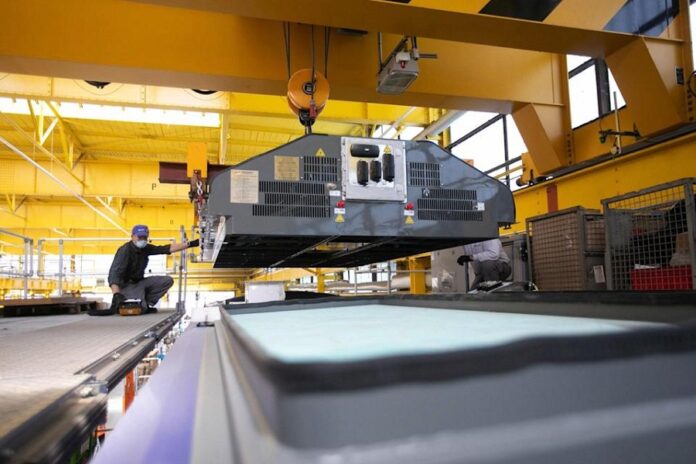Euro-area factories are hiring new workers at a record pace to keep up with persistently strong orders, according to Bloomberg.
Job creation was particularly pronounced in Germany and Austria last month, according to an IHS Markit survey of purchasing managers. Manufacturers continued to face substantial supply-chain bottlenecks and passed on rising costs to customers.
With economies around the world recovering from the coronavirus pandemic, Europe’s factories are running at full steam. Businesses in North Asia are also benefiting from rising global demand, while a slump in activity in Southeast Asia is currently seeing one of the world’s worst Covid-19 outbreaks.
Confidence in the outlook for the euro area is running high. A gauge measuring economic sentiment rose to the highest level since at least 1985, according to a separate survey.
The International Monetary Fund has raised its economic forecasts for the 19-nation region, predicting momentum in the bloc’s four largest economies will pick up in the coming months.
The European Central Bank is bracing for a “strong” increase in output in the current quarter, though it’s also warned that resurgent infections and supply constraints risk damping the recovery.
“Manufacturers and their suppliers are struggling to raise production fast enough to meet demand, driving prices ever higher,” said Chris Williamson, an IHS Markit economist.
“Capacity constraint indicators continue to flash red,” added Williamson.
New orders jumped in July, fueling a considerable increase in backlogs of work. Widespread shortages of materials and poor transport availability produced record gains in input costs and selling prices.


